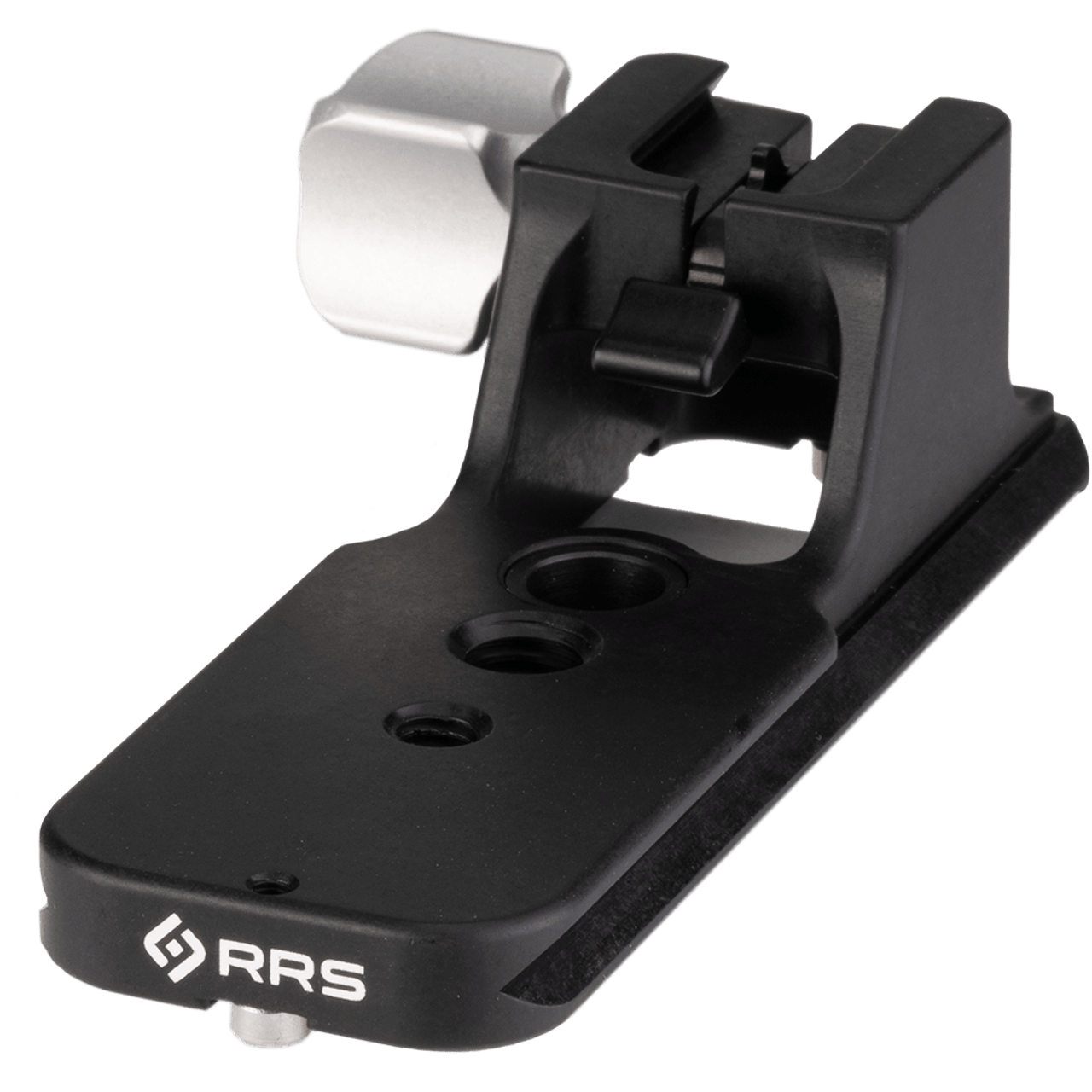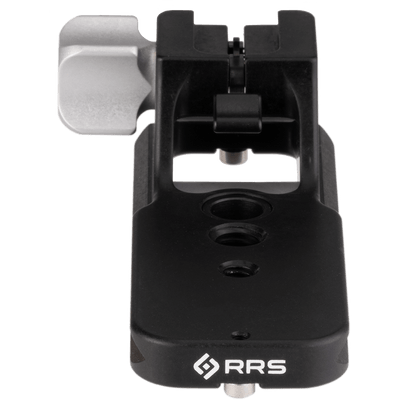
LCF-101: Replacement Lens Foot for Sony Lenses
$120.00
- SKU:
- LCF-101
- UPC:
- 818413026742
Downloads
find your perfect setup

Colors Available
$145.00

LCF-53: Lens Foot for Select Canon Telephoto Lenses
Colors Available
$130.00

LCF-22: Lens Foot for Nikon Lens
Colors Available
$160.00
1 Review Write a Review
-
Perfection
Bought this because I wanted the Arca plate feature. But, as usual, RRS goes a step beyond!! Being longer than the stock foot gives me more security and ability to mount it at the actual center of gravity. I also have the L Plate on my Sony A7RIV and admire the craftsmanship of both products. Kudos RRS !!!!
























